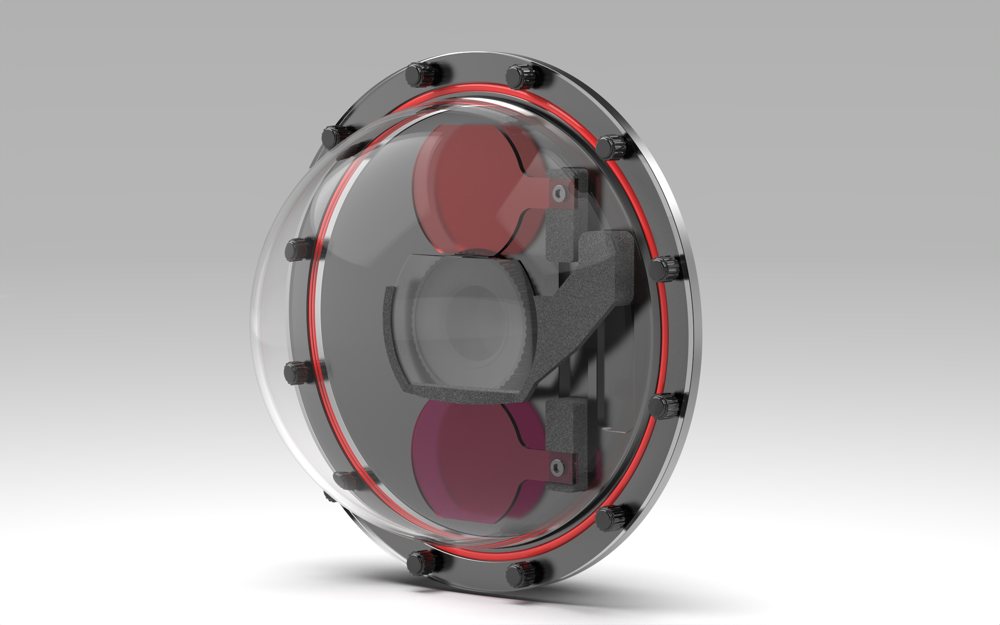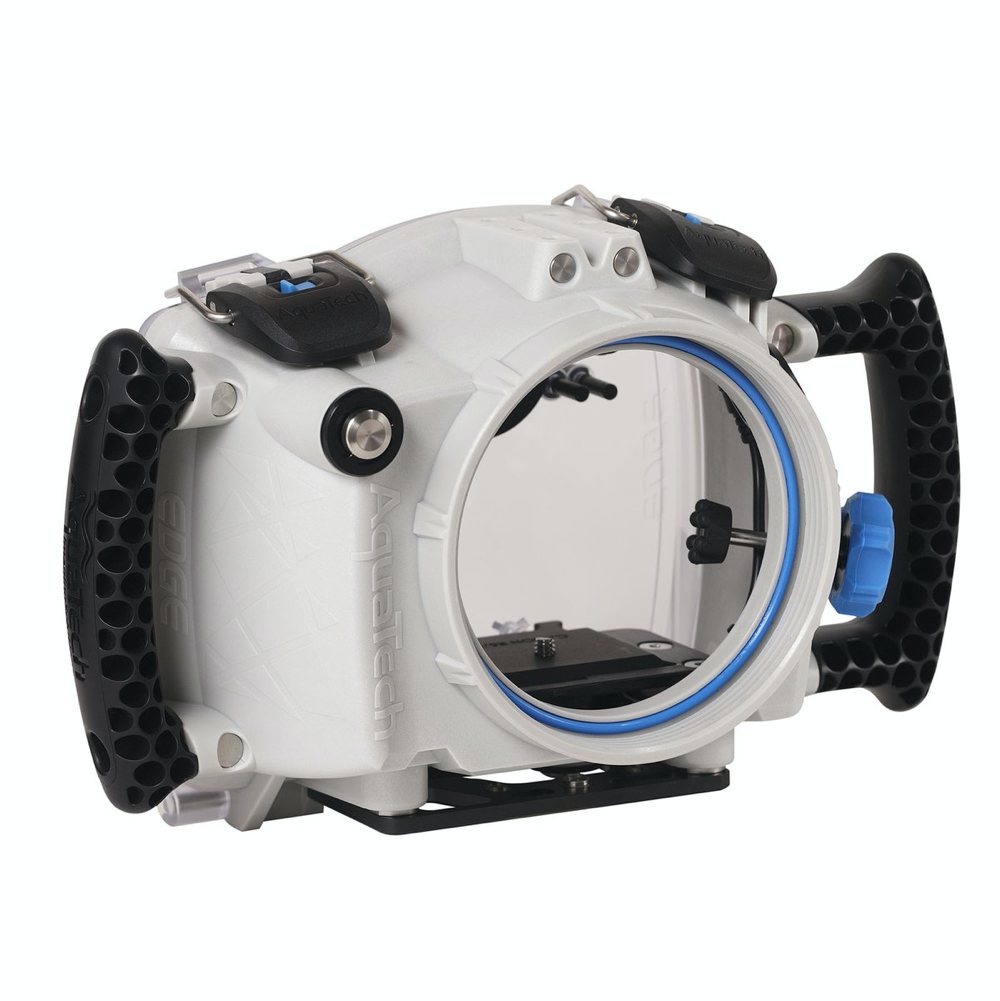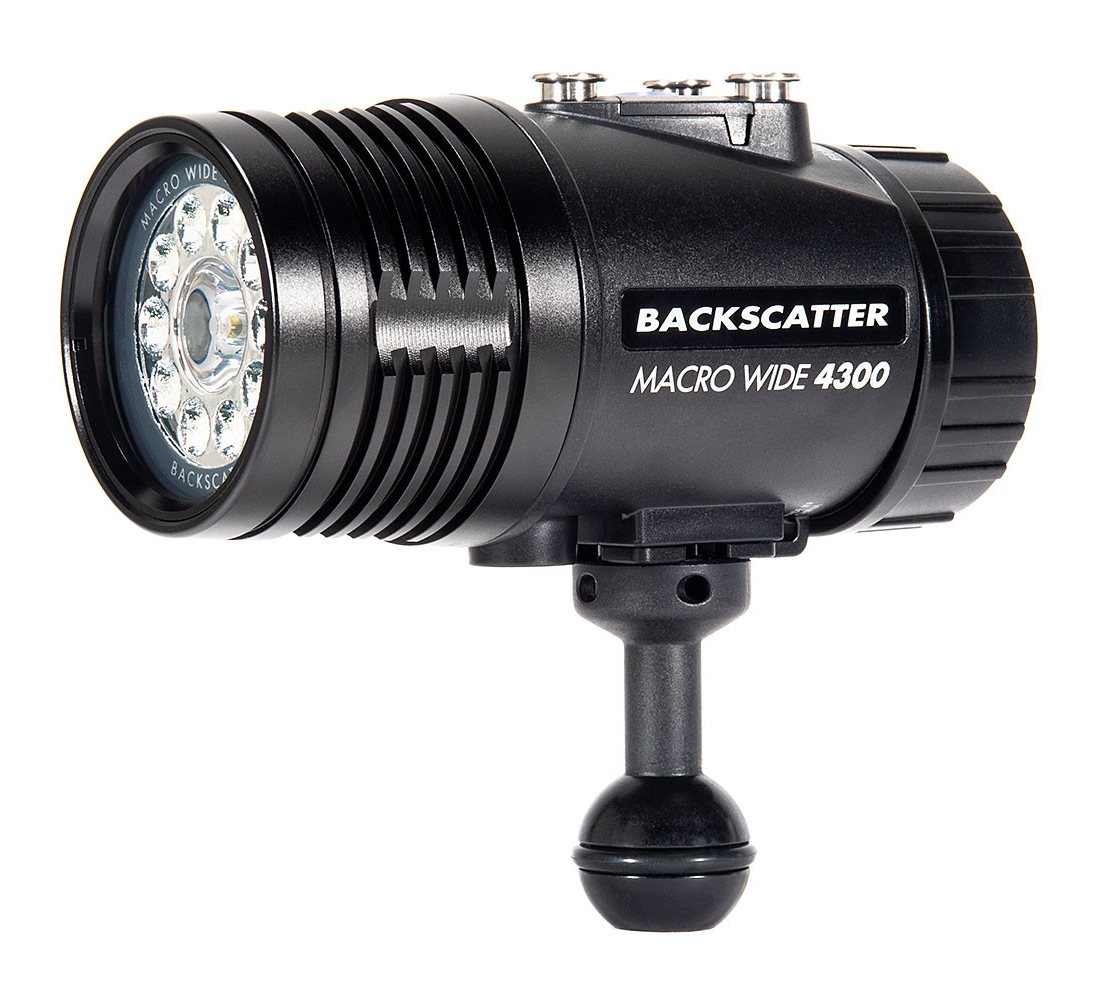- Home
- Directory
- Shop
- Underwater Cameras - Photographic Accessories
- Smartphone Housings
- Sea Scooters
- Hookah Dive Systems
- Underwater Metal Detectors
- Dive Gear
- Dive Accessories
- Diving DVD & Blu-Ray Discs
- Diving Books
- Underwater Drones
- Drones
- Subscriptions - Magazines
- Protective Cases
- Corrective Lenses
- Dive Wear
- Underwater Membership
- Assistive Technology - NDIS
- On Sale
- Underwater Gift Cards
- Underwater Art
- Power Stations
- Underwater Bargain Bin
- Brands
- 10bar
- AOI
- AquaTech
- AxisGo
- Backscatter Underwater Video and Photo
- BLU3
- Cayago
- Chasing
- Cinebags
- Digipower
- DJI
- Dyron
- Edge Smart Drive
- Eneloop
- Energizer
- Exotech Innovations
- Fantasea
- Fotocore
- Garmin
- Geneinno
- GoPro
- Hagul
- Hydro Sapiens
- Hydrotac
- Ikelite
- Indigo Industries
- Inon
- Insta360
- Intova
- Isotta Housings
- Jobe
- JOBY
- Kraken Sports
- LEFEET
- Mirage Dive
- Nautica Seascooters
- Nautilus Lifeline
- NautiSmart
- Nitecore
- Nokta Makro
- Oceanic
- Olympus
- OM System
- Orca Torch
- Paralenz
- PowerDive
- QYSEA
- Scubajet
- Scubalamp
- Sea & Sea
- SeaDoo Seascooter
- SeaLife
- Seavu
- Shark Shield
- Sherwood Scuba
- Spare Air
- StickTite
- Sublue
- Suunto
- SwellPro
- T-HOUSING
- Tusa
- U.N Photographics
- Venture Heat
- XTAR
- Yamaha Seascooter
- Youcan Robot
Fishing skews sex ratios in fish
POPULATION crashes in many species of reef fish may be linked to an excess of males brought about by fishing - and imposing quotas won't remedy the situation.
In many species, particularly those where individuals can change their sex, each fish produces fewer young as the population density drops. "It's perplexing," says Stefan Walker of James Cook University in Townsville, Queensland, Australia, "because as population density drops, more resources should be available and populations should increase."
To find out why this happens, Walker tagged 232 cylindrical sandperches (Parapercis cylindrica) in a Great Barrier Reef lagoon, and followed their movements and reproductive behaviour. Cylindrical sandperches are born female, but some later change into males, with harems of two to 10 females.
Walker saw more sex changes in regions where fish populations were low. This led to more males holding court to fewer females and a drop in the number of eggs laid per square metre of lagoon (The American Naturalist, DOI: 10.1086/655219).
The finding is likely to apply to at least 70 other sex-changing reef fish, including many commonly caught species, says Walker, and suggests that marine protected areas are a better strategy for conserving populations than fishing quotas. Protected areas maintain the density of populations whereas quotas may still allow populations to decline, increasing the rate of sex change.
An interesting article that can be read in further detail at the New Scientist following this link
http://www.newscientist.com/article/mg20727702.000-fishing-skews-sex-ratios-in-fish.html
![]() Contributed by Tim Hochgrebe added 2010-07-24
Contributed by Tim Hochgrebe added 2010-07-24
![]() Login or become a member to join in with this discussion.
Login or become a member to join in with this discussion.

 Sea-Doo Seascooter Australia
Sea-Doo Seascooter Australia
Exclusive official distributor and dealer for SEA-DOO Seascooters in Australia and New Zealand. The revolutionary SeaDoo Seascooter series feature the lightest and most efficient personal water propellers in the world at a price that won't break the bank.
Shopfront
-
 T-Housing DOME1 Aluminium Housing for Insta360 ONE R 1-inch
T-Housing DOME1 Aluminium Housing for Insta360 ONE R 1-inch
- Price A$ 499.00
-
 Underwater X Elk Draws Stainless Steel Insulated Water Bottle for Mental Health - Octopus
Underwater X Elk Draws Stainless Steel Insulated Water Bottle for Mental Health - Octopus
- Price A$ 39.95
-
 AquaTech EDGE Base Camera Water Housings - Nikon mirrorless
AquaTech EDGE Base Camera Water Housings - Nikon mirrorless
- Price A$ 1,249.00
-
 Backscatter Macro Wide 4300 Underwater Video Light MW-4300
Backscatter Macro Wide 4300 Underwater Video Light MW-4300
- Price A$ 889.00
-
 Kraken 7-inch Ultra Bright Underwater Monitor KRM07-2200
Kraken 7-inch Ultra Bright Underwater Monitor KRM07-2200
- Price A$ 2,999.00
-
 Garmin Descent™ G1
Garmin Descent™ G1
- Price A$ 829.00
-
 JOBY SeaPal - Over Under Kit
JOBY SeaPal - Over Under Kit
- Price A$ 764.95
Articles
-
 Diving Artificial Reefs
Diving Artificial Reefs
by PJ
- When you dive on a shipwreck, jetty or pier do you consider it a nature-based experience? This is one of the major questions I am seeking to address in my PhD thesis at the University of Newcastle, which looks at the use of artificial reefs as resources for recreational scuba diving.



 Scubalamp PV53 Photo/Video Light - 5000 wide plus 2500 lumens spot
Scubalamp PV53 Photo/Video Light - 5000 wide plus 2500 lumens spot




